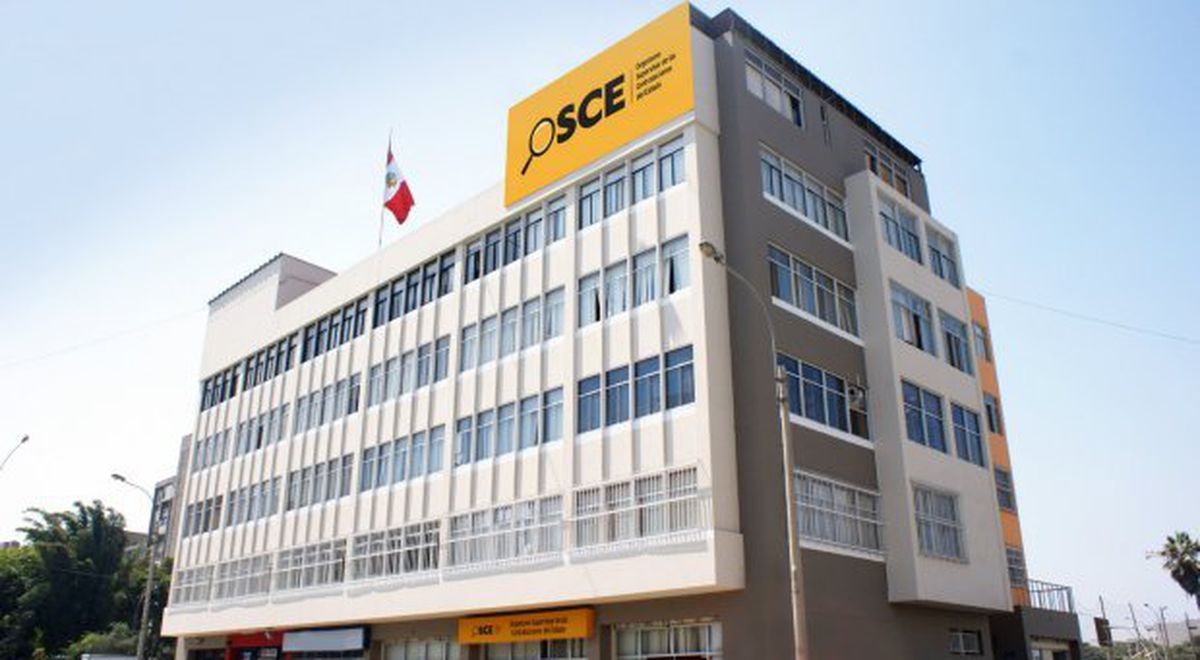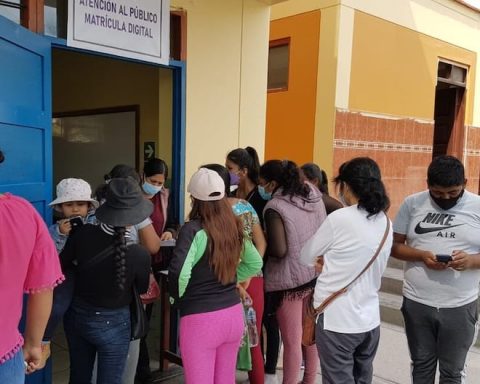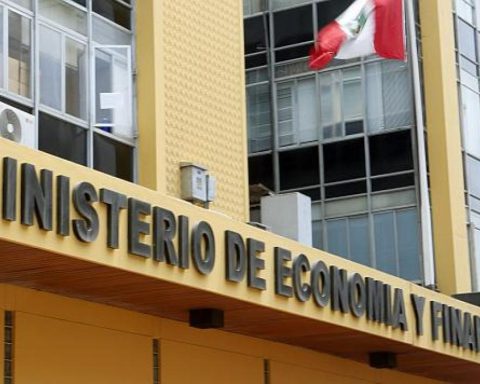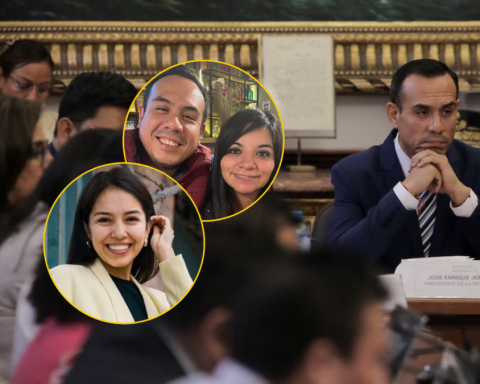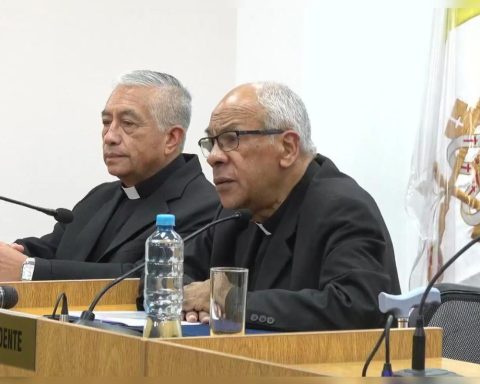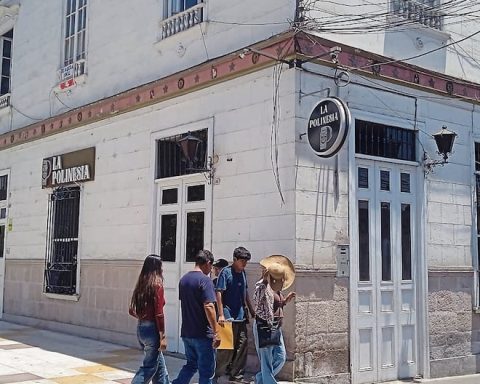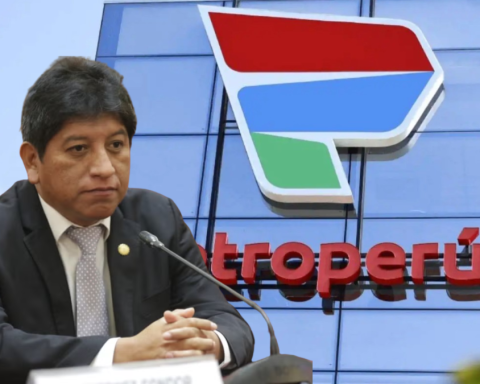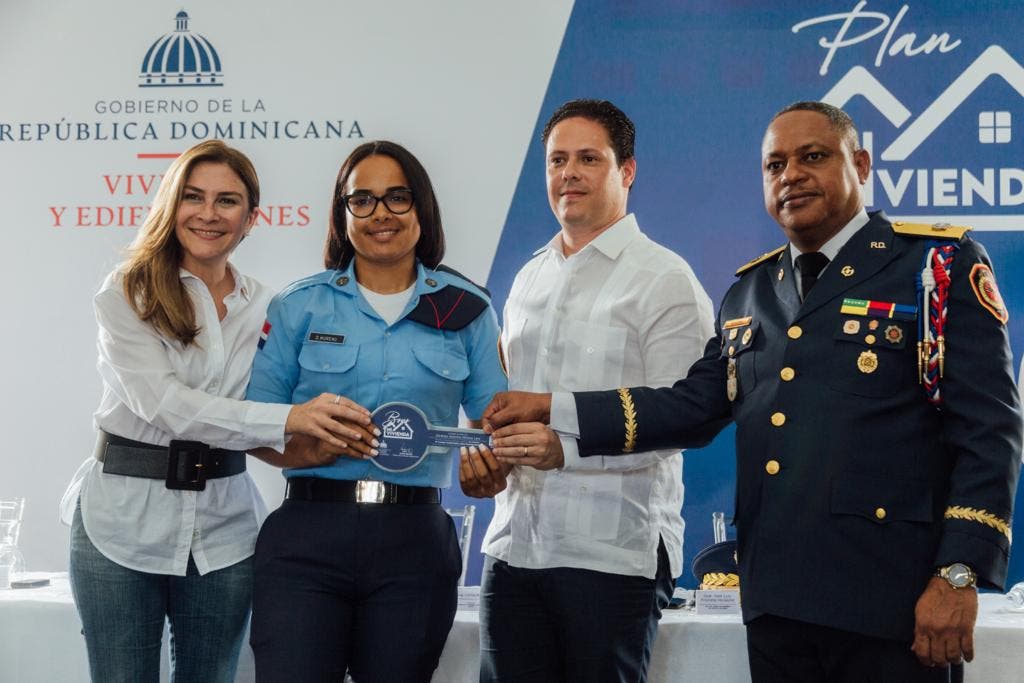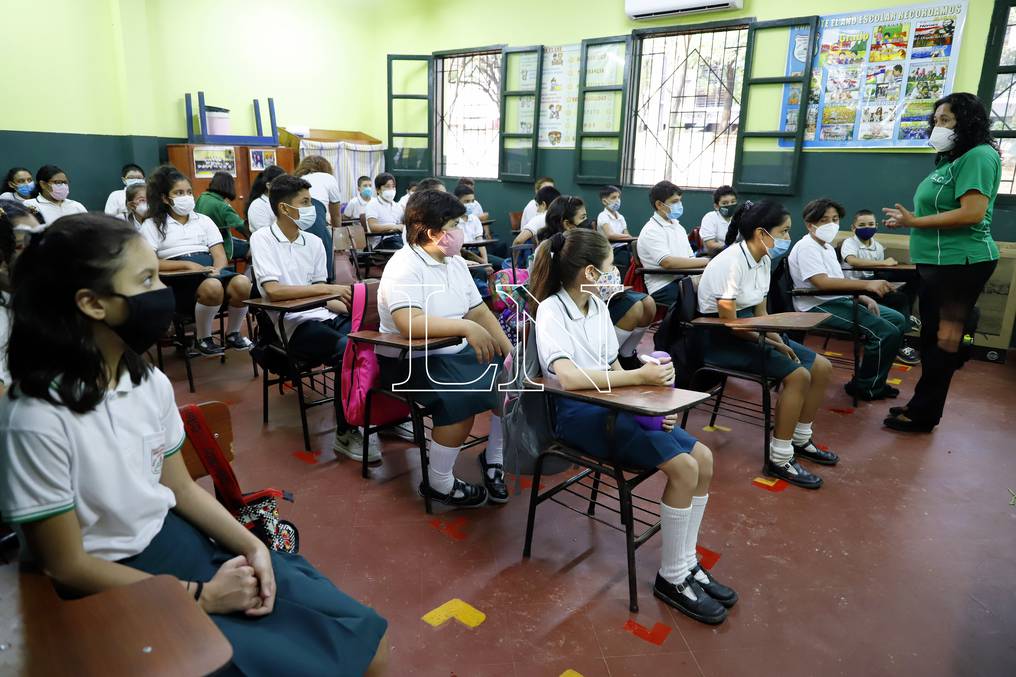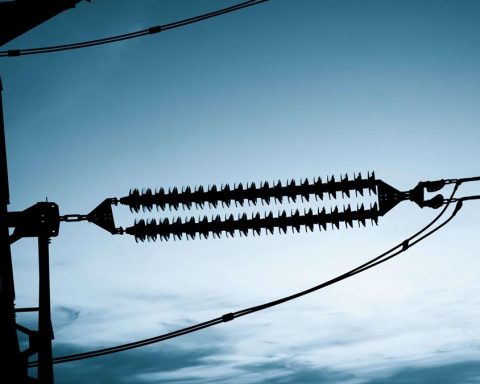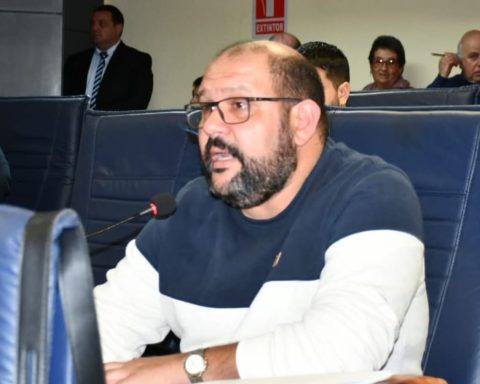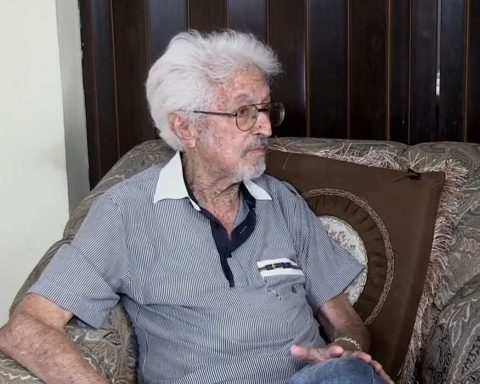A 23-year-old young man went, on April 4, to the Anticorruption Attorney to reveal that thanks to a private contact and one within OSCEduring the last two years, obtained bidders’ proposals for public tenders in order to encourage other consortiums to win them by offering a lower amount.
According to his statement, the illegal computer service was called Tarot and the job could cost up to $30,000 per query. He gave his testimony and evidence before the anti-corruption prosecutor Javier Pacheco and the coordinator of the analysis unit of the Attorney General’s Office, César Olano, revealed a report by “Punto final”.
To understand this, it must be specified that the Electronic State Procurement System (Seace) is used for public tenders. On this platform, thousands of suppliers participate by presenting their proposals to carry out works or offer services. The determinant to choose a winner depends —meeting the bases— on offering the lowest price.
This is where Tarot comes in to carve, since what it did was offer different consortiums the economic offers of the other bidders. With that information, the entrepreneurs could propose less before the closing of the public contest and thus obtain the contracts.
Up to 10 companies, between Peruvians and foreigners from different economic groups, would have made use of this illicit modality. Among them is, for example, the Palma Real Consortium —made up of the China Railway Eryuan and Geotechnics and Soil Mechanics companies—, which won a consultancy for the improvement of the Ayacucho-Cusco highway with just 446 soles difference with another bidder and presented 20 minutes before the closing of the call.
“Punto final” also detailed another case, this time of a work in Puno. This is the Altiplano Hospital project, convened by EsSalud and with a reference price of 280.9 million soles. The deadline to submit the offer was June 28, 2021.
YOU CAN SEE Daniel Salaverry on audios of Zamir Villaverde and Juan Silva: “The president is outraged”
On the last day allowed, the Chinese company CAMC registered its offer at 6:42 p.m. and then the Andes del Sur consortium did its thing at 9:22 p.m. Both proposals were to be secret until their joint opening. However, at 11:08 p.m. that day, Tarot sent a screenshot of Seace’s internal system with the economic offers made by those two companies to their potential customers.
Thus, at 11:17 p.m., the Hospital del Altiplano consortium entered to bid. After the deadline, the proposals are opened and the latter was the winner with an offer of 275.2 million soles, a figure lower than the price that China CAMC and the Andes del Sur consortium had entered with 277.4 and 280 million soles, respectively.
The Anti-Corruption Prosecutor’s Office and the Public Ministry have in their possession the complete identity of the young informant since April 4 of this year, “Punto final” specified, so that since that day he is at risk for having confessed to these crimes that link third parties.
OSCE will initiate investigations and that it will collaborate with the Prosecutor’s Office
As a result of the Punto Final investigation, the State Procurement Supervising Agency (OSCE) announced that it will “independently initiate internal investigation actions on the facts indicated in the report.”
Likewise, they indicated that they will provide the facilities and make themselves available to the authorities so that they can carry out the corresponding investigations. To do this, it will send an official letter to the Anticorruption Prosecutor’s Office and the Attorney General’s Office so that those responsible can be identified and punished.
OSCE announced investigations and support for the Public Prosecutor’s Office.
